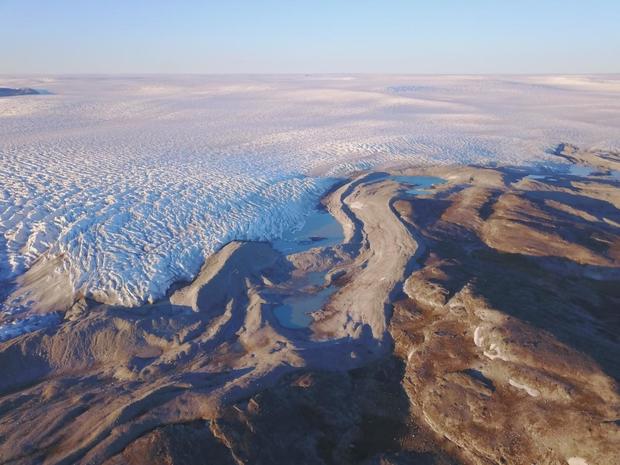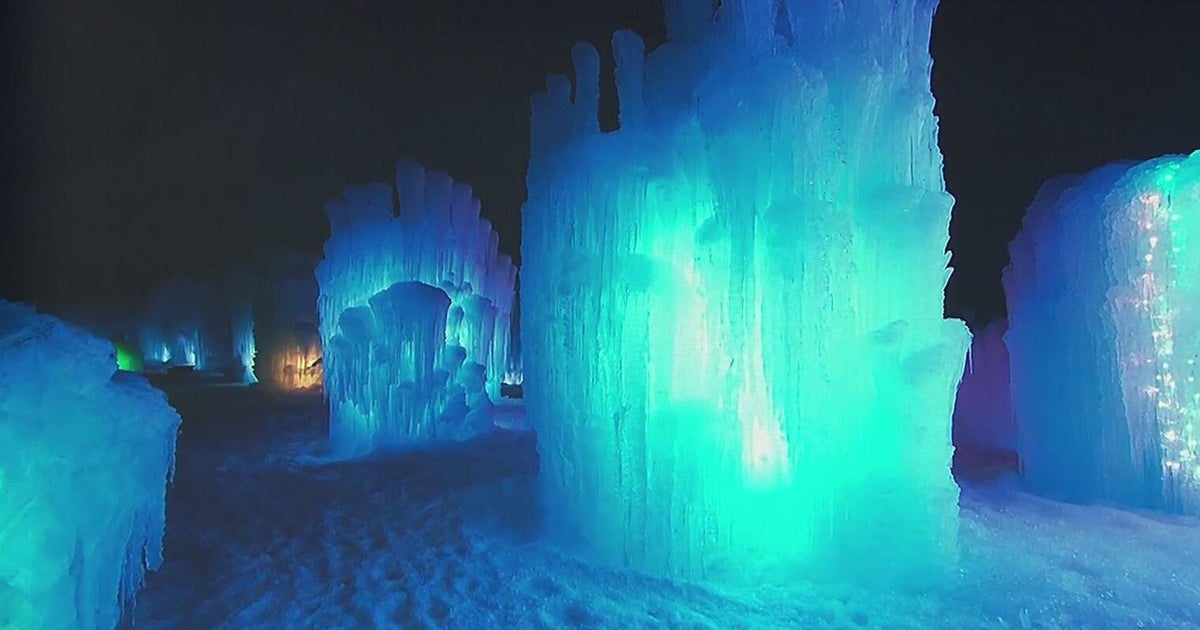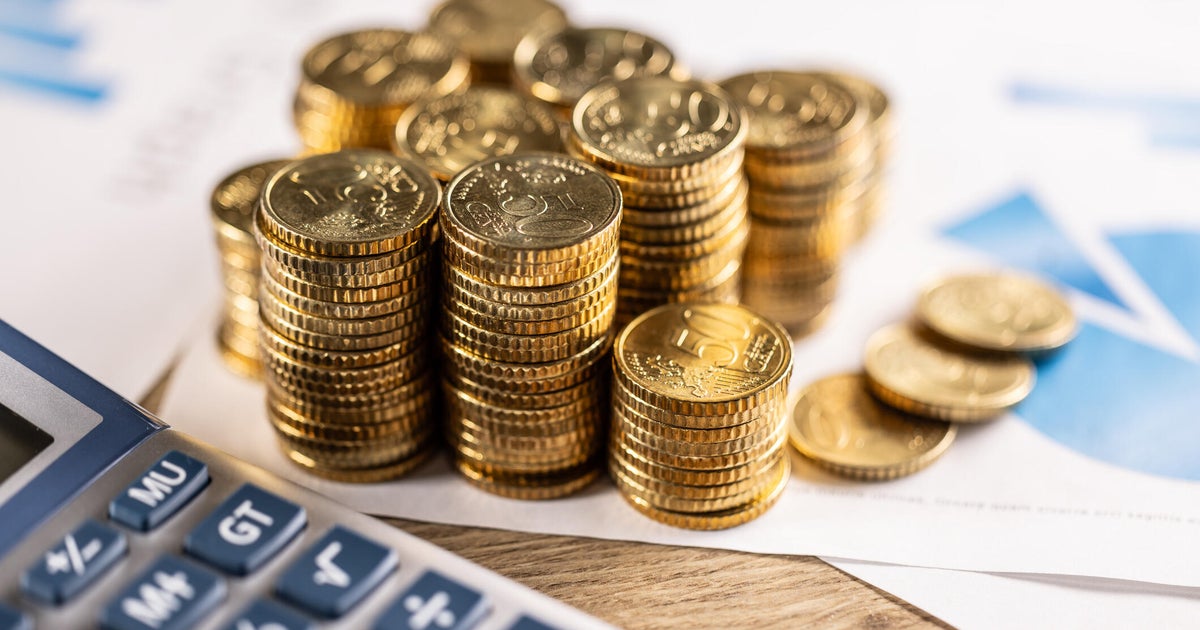Greenland Ice Sheet projected to lose ice at the fastest rate since the end of the last Ice Age
The Greenland Ice Sheet is on track to melt four times faster than it has at any point over the last 12,000 years, according to a recently published study. New research highlights just how extreme projected losses for this century could be — and refutes the idea that the current melting is part of a natural cycle.
In a new study published Wednesday in the journal Nature, researchers said they used ice sheet modeling in conjunction with satellite data and fieldwork to understand the past, present and future of Greenland's Ice Sheet. They called the current projections for the ice sheet, which lost a record amount of ice last year, "extreme and unusual."
"Basically, we've altered our planet so much that the rates of ice sheet melt this century are on pace to be greater than anything we've seen under natural variability of the ice sheet over the past 12,000 years," lead author Dr. Jason Briner from the University at Buffalo College of Arts and Sciences said in a news release. "We'll blow that out of the water if we don't make severe reductions to greenhouse gas emissions."
According to the study, ice mass loss rates during the end of the last ice age are comparable to the loss that occurred between 2000 and 2018: about 6.1 billion metric tons per century. Future mass loss could be catastrophic — between 8.8 billion metric tons and 35.9 billion metric tons, depending on the level of greenhouse gas emissions.
Briner said that, in a best-case-scenario with massively reduced emissions, the ice loss will only be slightly higher than any of the past 12 millennia. But at the current rate of emissions, it's likely to be about four times higher — a projection the researchers called "sobering."
Researchers said the current rate of melting from the Ice Sheet is on par with that experienced at the collapse of the most recent ice age — when a very fast melt rate would be expected. But now, the planet is on track to surpass the global average surface temperature of that time by the end of the century.
The scientists who conducted the study are confident the current melt rate is not natural. They warn that the only solution to the current situation is to dramatically decrease greenhouse gas emissions in the near-future.
"It is no secret that the Greenland Ice Sheet is in rough shape and is losing ice at an increasing rate," said co-author Dr. Nicolás Young, from Columbia University's Lamont-Doherty Earth Observatory. "But if someone wants to poke holes in this, they could simply ask, 'how do you know this isn't just part of the ice sheet's natural variability?' Well, what our study suggests is that the rate of ice loss for this century will exceed the rate of ice loss for any single century over the last 12,000 years. I think this is the first time that the current health of the Greenland Ice Sheet has been robustly placed into a long-term context."
Greenland is currently the largest contributor to sea level rise — holding enough frozen water to raise sea levels by at least 20 feet — with Antarctica not far behind. As sea levels increase, coastal storms become more intense and devastating, meaning coastal cities and towns will either need to build stronger flood defenses or retreat inland altogether.
The Arctic is warming at about three times the rate of the rest of the planet, making it the fastest-warming region on Earth. Following the Northern Hemisphere's hottest summer on record, a 42 mile stretch of Nioghalvfjerdsfjorden, the Arctic's largest remaining ice shelf, broke off and shattered near Greenland earlier this month.
The researchers reiterated their ongoing call to world leaders to reduce emissions in order to slow ice sheet melting and reduce sea level rise.
"Our findings are yet another wake-up call, especially for countries like the U.S.," Briner said. "Americans use more energy per person than any other nation in the world. Our nation has produced more of the CO2 that resides in the atmosphere today than any other country."
"Americans need to go on an energy diet," he added. "The most affluent Americans, who have the highest energy footprint, can afford to make lifestyle changes, fly less, install solar panels and drive an energy-efficient vehicle."





